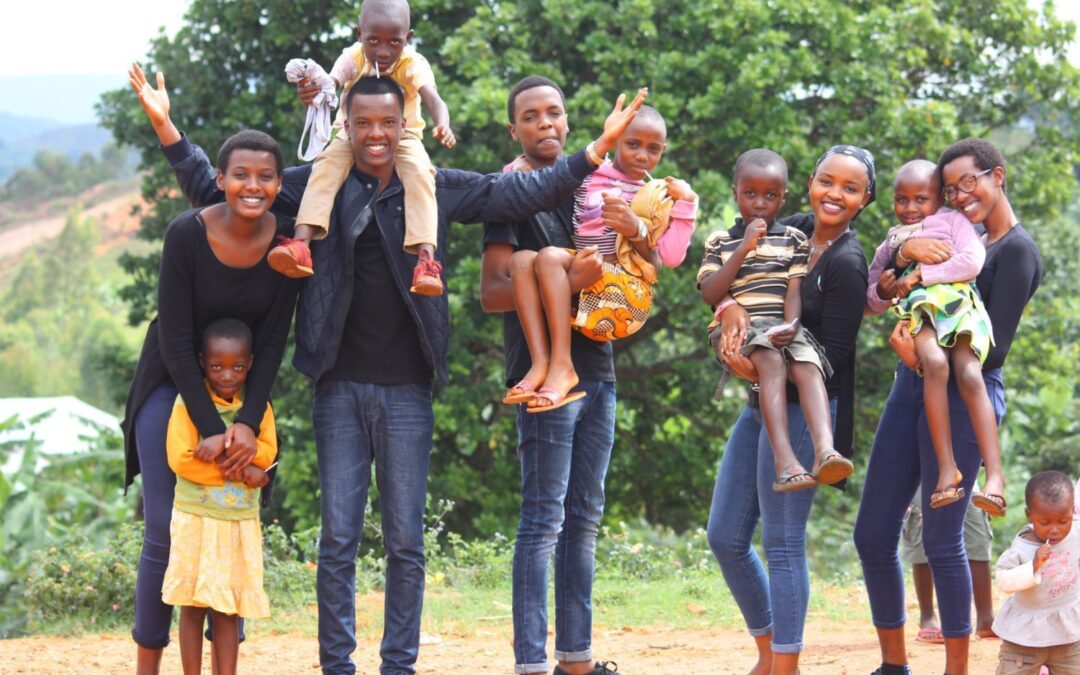The girlboss has had her reign, and today she is usurped by a new queen: the bimbo. So claims a New York Times opinion essay, which catapulted the relatively obscure profile of various self-proclaimed “Bimbos of TikTok” into the national spotlight. These new pink-clad, scantily-dressed, dumb-playing personalities claim they are enlisting this traditional put-down for an attractive, dumb woman for the feminist cause – but what does this “new age of bimbofication,” with its emphasis on pink, sparkles, and overexposure have to do with women? Why have internet feminists eagerly exchanged the serious strivings of the girlboss for the bimbo in her vapid performance of hyperfemininity?

















